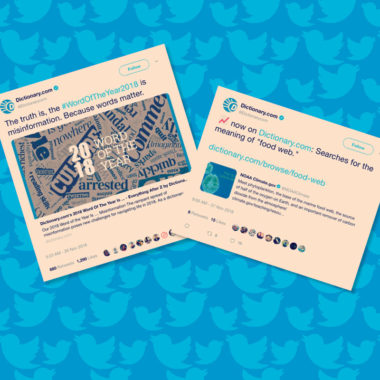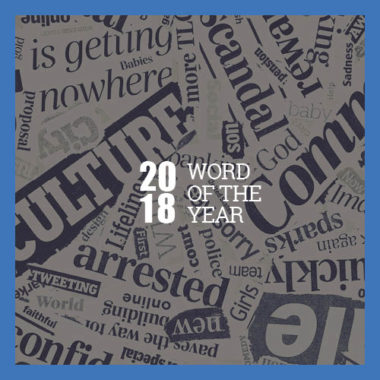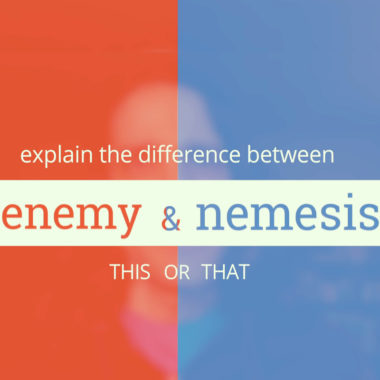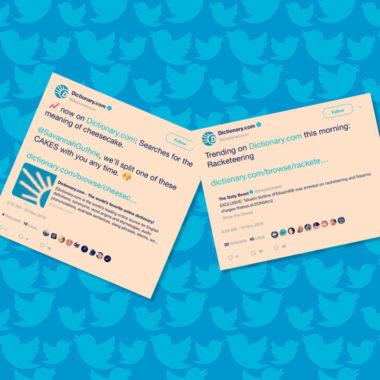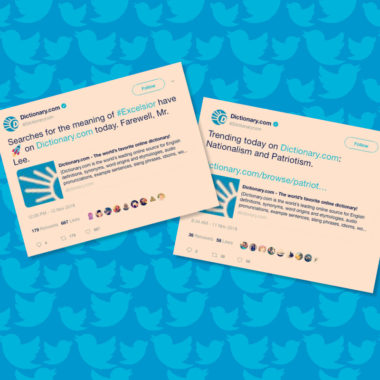The History Of The New York Times Crossword Puzzle
There are plenty of crossword puzzles in publications across the country, but when we think of the pinnacle of puzzledom (Not officially a word, but, perhaps, it should be?), the purveyors of the most preeminent puzzles, we bow to The New York Times (NYT). For more than 75 years, the NYT crossword puzzle has been stumping readers with its clever clues and then sending them …





